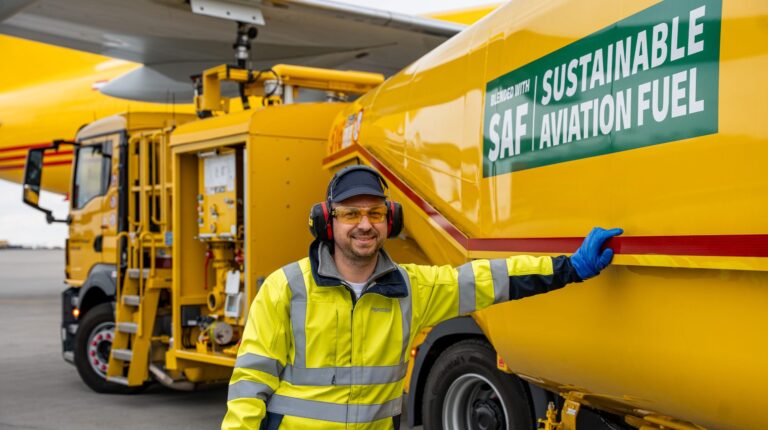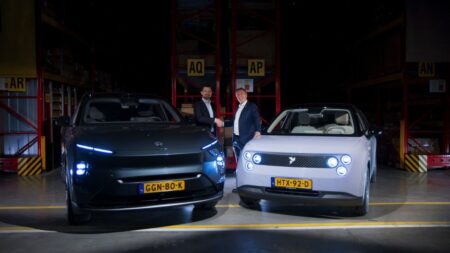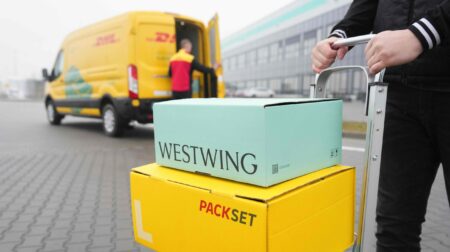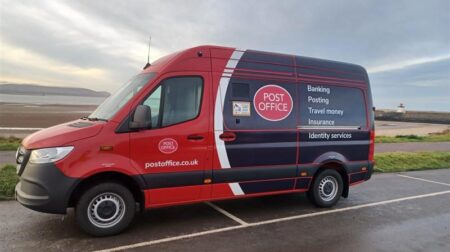DHL Express has announced a sustainable aviation fuel (SAF) agreement with producer and energy provider Phillips 66, which will see the delivery of over 240,000 metric tons over a three-year period.
The move is expected to reduce lifecycle greenhouse gas emissions by approximately 737,000 metric tons compared to conventional jet fuel, and is said to be one of the largest SAF deals by a US producer for the air cargo sector.
The majority of the SAF will be delivered to Los Angeles International Airport (LAX), DHL’s US West Coast Gateway, with future intended deliveries to other West Coast airports such as San Francisco International Airport (SFO).
The SAF will be produced at Phillips 66’s Rodeo Renewable Energy Complex in California, one of the world’s largest renewable fuels facilities with a production capacity of 150 million gallons per year of neat SAF – which is SAF that is not blended with conventional jet fuel.
Travis Cobb, EVP global operations and aviation at DHL Express, described the agreement as a “significant milestone” in the pursuit of DHL’s sustainability goals. “By securing a reliable supply of SAF, we are not only reducing our carbon emissions – and those within our customers’ supply chains – but also setting a precedent for the logistics and air cargo industries in the US,” he said.
Brian Mandell, EVP marketing and commercial at Phillips 66, said the agreement “demonstrates our shared commitment to SAF market leadership and credible action in the growing SAF industry”.
DHL Express has set the objective of achieving net-zero greenhouse gas emissions by 2050. It has secured other SAF partnerships worldwide, including in Europe, the USA and Asia Pacific since 2021.
The agreement will contribute to DHL’s GoGreen Plus service, which enables customers to reduce their Scope 3 greenhouse gas emissions using SAF.
In related news, FedEx expands sustainable aviation fuel use to Chicago-O’Hare and Miami International airports





